
Visitors gather at the booth of DeepRoute.ai, a Shenzhen-based autonomous driving startup, during an expo in Shenzhen, Guangdong province, in November. (CHINA DAILY)
"The inclusion of autonomous vehicles in the unified and standardized management of taxis proves that both government policy and the public are increasingly accepting robotaxis as a form of everyday transportation, recognizing the ride experience and technical stability of Pony.ai's robotaxi," said Lou Tiancheng, co-founder and chief technology officer of Pony.ai.
Moreover, the company is collaborating with SAIC artificial intelligence lab, a division of auto manufacturer SAIC Motor, to jointly explore and advance driverless technology.
Data from market research firm Research and Markets showed the global autonomous vehicle market was valued at $76.13 billion in 2020 and is projected to hit $2.16 trillion by 2030, registering a compound annual growth rate of 40.1 percent from 2021 to 2030.
"Autonomous driving is definitely the future development direction of the automobile industry. It not only solves traffic safety problems, but also greatly improves the efficiency of transportation, brings about economic benefits and liberates people from repetitive driving," said Jiang Zheng, a self-driving expert at China's GAC R&D Center.
"Currently, China has gained an upper hand in the testing scenarios of autonomous driving vehicles and accumulated massive data compared with other countries by establishing intelligent connected vehicle pilot zones in several cities," said Zhang Xiang, a researcher at Jiangxi New Energy Technology Institute.
The small-scale commercial operation of fully driverless robotaxis is expected to become a reality in 2025 considering the complicated traffic conditions, Zhang said, adding that the manufacturing costs of driverless vehicle components, such as lidar sensor systems, have declined along with advances in self-driving technology and maturation of related industrial chains.
He called for efforts to strengthen the construction of intelligent transportation infrastructure, such as 5G-enabled vehicle-road coordination systems, which support the transfer of information from vehicles to roadway networks as a way to improve traffic efficiency.
According to a report from global management consulting firm McKinsey &Co, China will become the world's largest market for self-driving vehicles, with revenue from sales of such new vehicles and mobility services expected to exceed $500 billion by 2030.
Shenzhen-based autonomous driving startup DeepRoute.ai aims to make autonomous driving less costly. It has cut the cost of L4 autonomous driving solutions to less than $10,000 and applied them to its robotaxi fleet and medium-duty trucks, said Maxwell Zhou, CEO of DeepRoute.ai.
DeepRoute.ai is working with automakers to mass-produce consumer vehicles that will be available for consumer purchase beginning in 2025, as well as used for robotaxi operations.
Yang Diange, a professor from the School of Vehicle and Mobility at Tsinghua University, said, "L4 self-driving technology will initially be deployed in taxis and trucks and in some designated areas, and large-scale application of such technology in private vehicles might be seen by 2030."
Yang said the commercial operation of self-driving vehicles will promote the iteration and innovation of technologies, and help enterprises explore reasonable business models, thus allowing autonomous driving technologies to create more value.












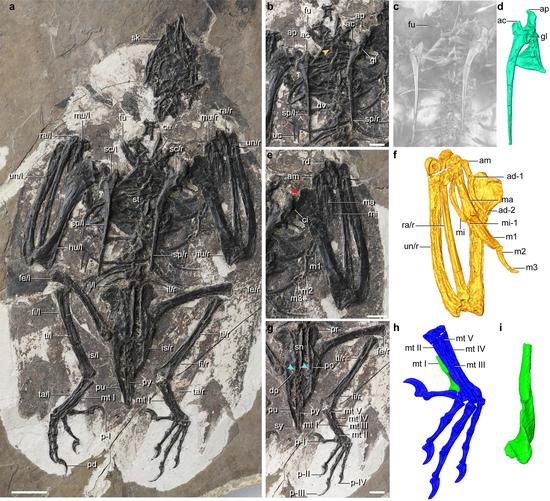
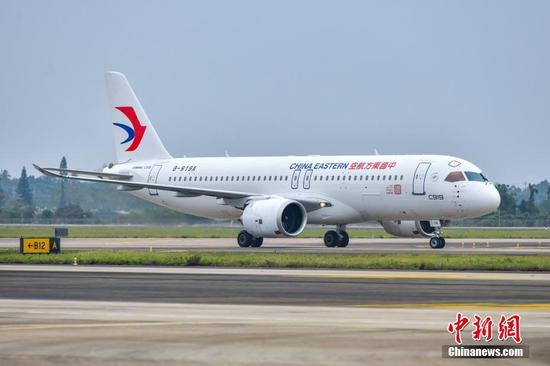





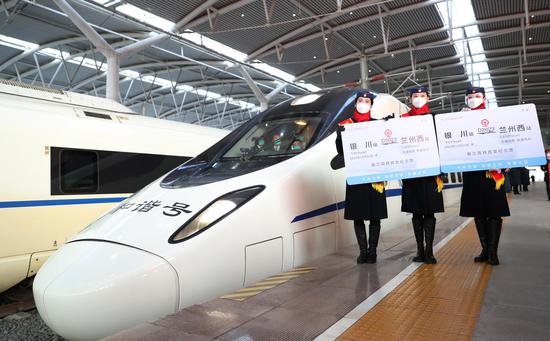




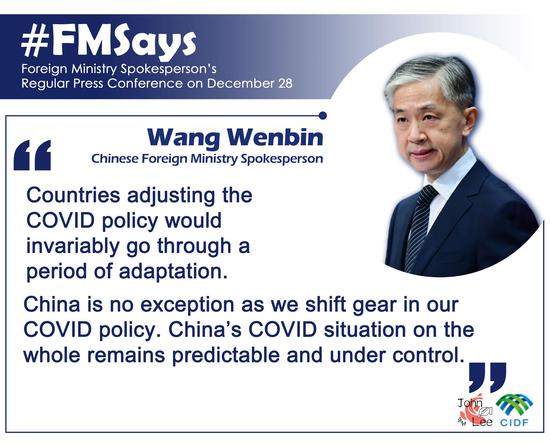
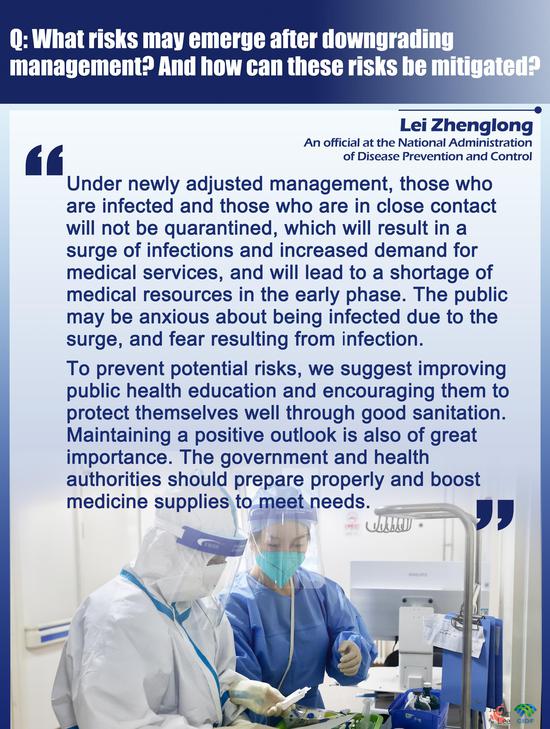

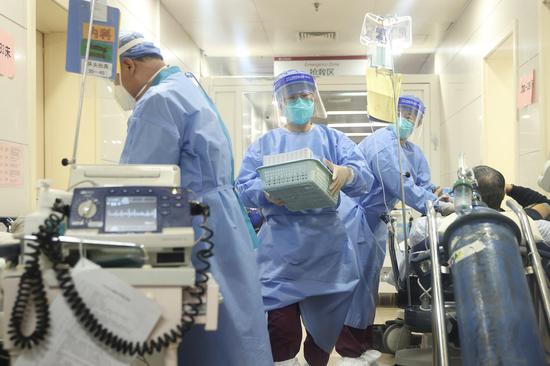


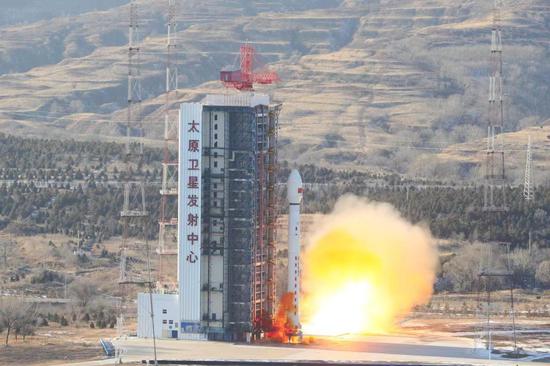

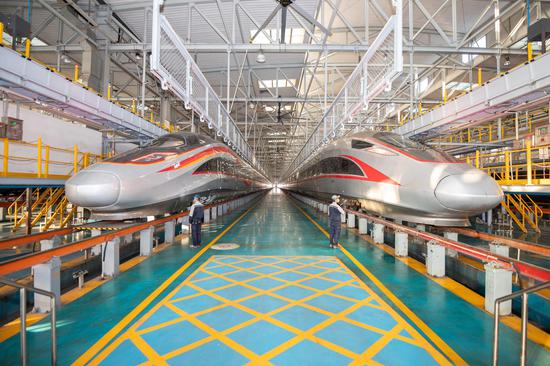
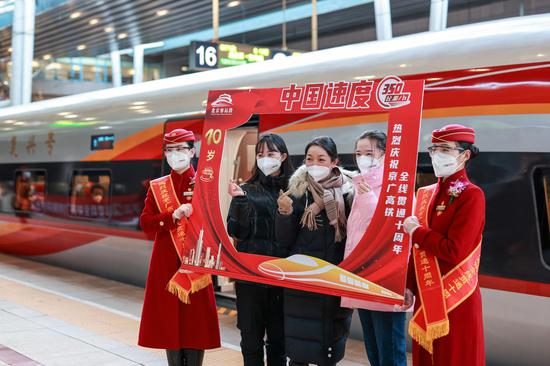
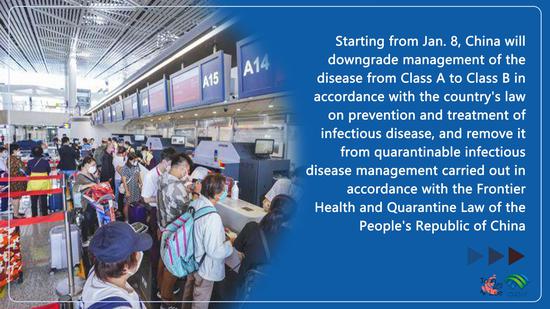


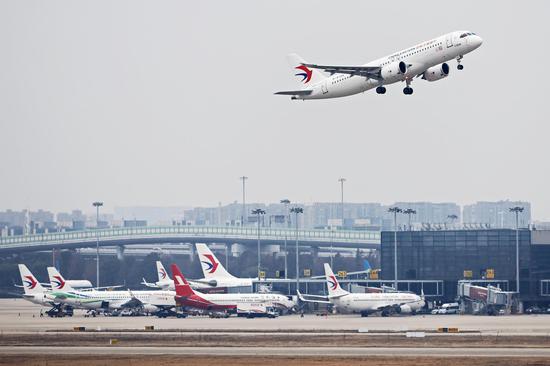






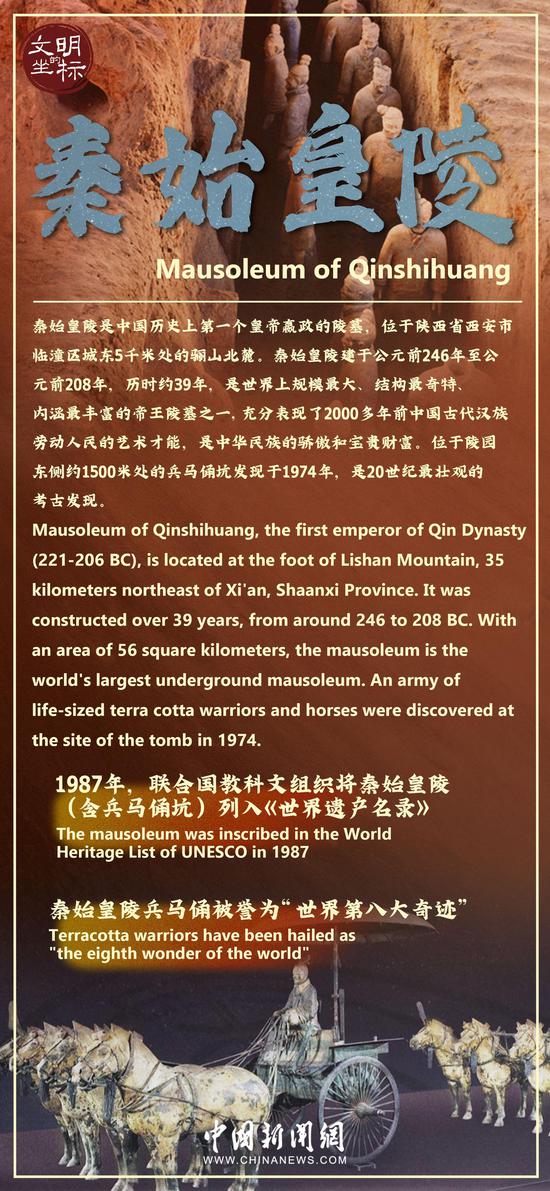





 京公网安备 11010202009201号
京公网安备 11010202009201号